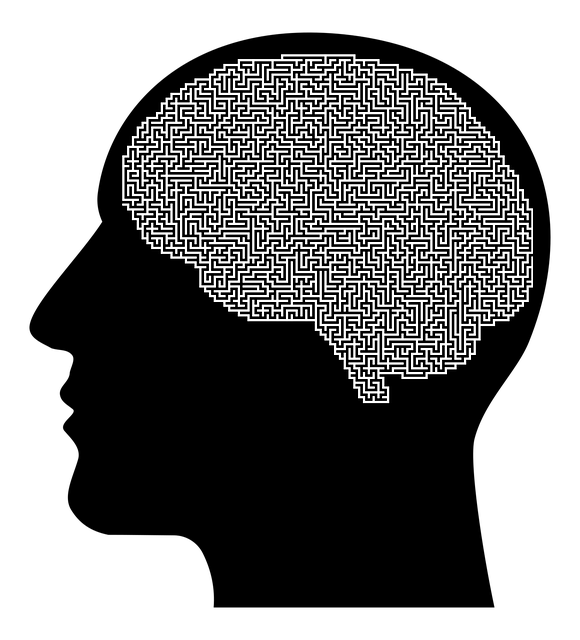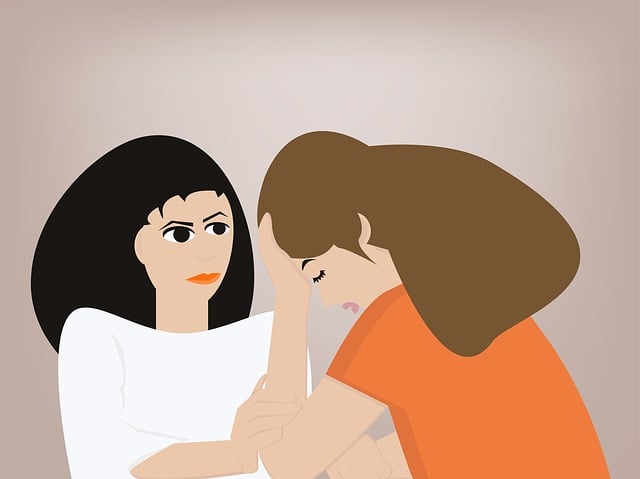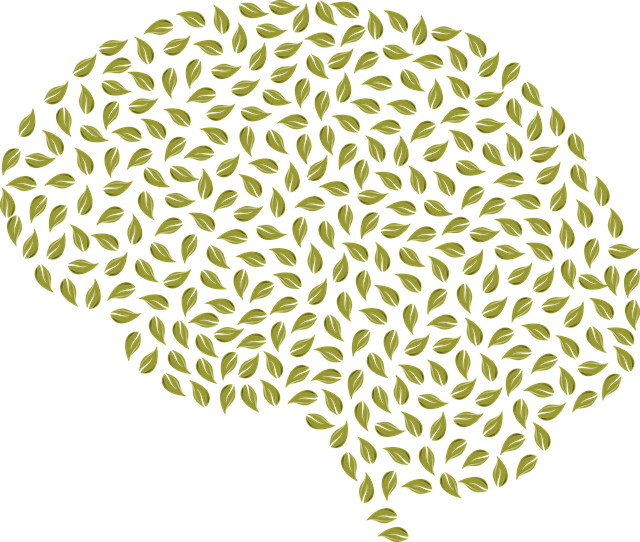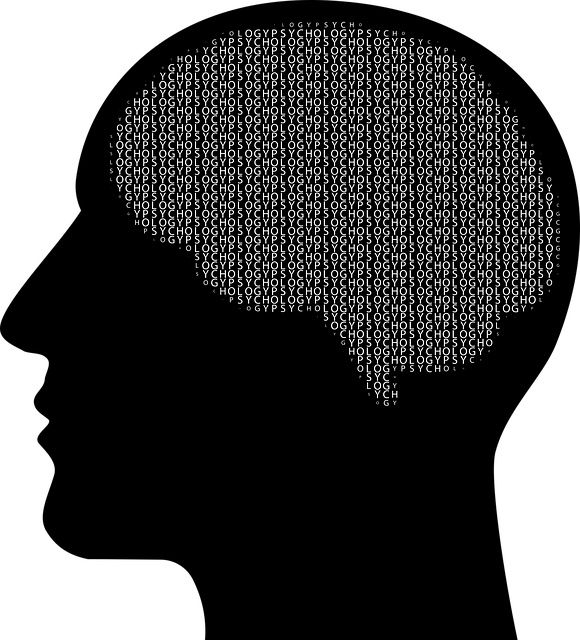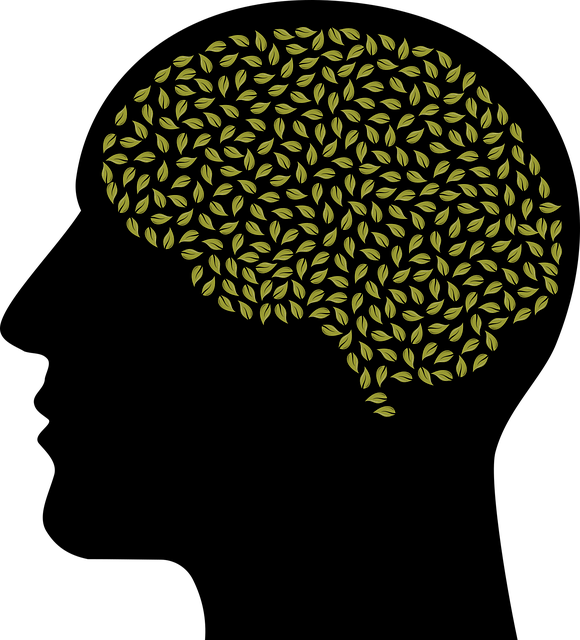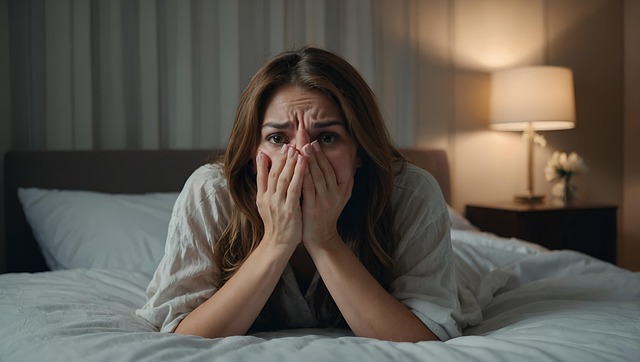Anxiety, if persistent, can disrupt daily life. Recognizing subtle signs is crucial for management. Organizations like Lafayette Child Abuse Therapy offer resources and programs, including Cognitive Behavioral Therapy (CBT) to target negative thought patterns. Mindfulness techniques, such as meditation and relaxation exercises, help manage anxiety, especially for trauma survivors. Building resilience through lifestyle changes, self-care, and support systems is key, with Lafayette Child Abuse Therapy emphasizing these approaches for effective long-term anxiety management.
Anxiety is a prevalent condition affecting individuals of all ages, yet managing it effectively remains a challenge. This comprehensive guide explores various techniques to combat anxiety, offering valuable insights tailored to the needs of those seeking support. From understanding the nuances of anxiety and its signs to adopting evidence-based therapies like Cognitive Behavioral Therapy (CBT), this article delves into practical strategies. Learn how mindfulness, relaxation, and lifestyle adjustments can significantly enhance well-being, providing a roadmap to overcoming anxiety for better mental health outcomes, especially relevant in contexts like Lafayette Child Abuse Therapy.
- Understanding Anxiety: Recognizing the Signs and Symptoms
- Cognitive Behavioral Therapy (CBT): A Powerful Tool for Overcoming Anxiety
- Mindfulness and Relaxation Techniques for Calming the Mind
- Building Resilience: Lifestyle Changes and Support Systems for Effective Anxiety Management
Understanding Anxiety: Recognizing the Signs and Symptoms

Anxiety is a common human experience, but when it becomes overwhelming and persistent, it can significantly impact daily life. Understanding anxiety involves recognizing its subtle signs and symptoms, which may vary from person to person. Common indicators include heightened feelings of worry or fear, restlessness, difficulty concentrating, irritability, insomnia, or physical sensations like increased heart rate and muscle tension. These symptoms can range from mild discomfort to severe distress, affecting one’s ability to function normally.
Identifying these signs early is crucial in managing anxiety effectively. Lafayette Child Abuse Therapy emphasizes the importance of recognizing when these feelings become disruptive. They offer valuable resources for both children and adults, providing tools to navigate and overcome anxiety. Additionally, organizations like Stress Management Workshops Organization and Healthcare Provider Cultural Competency Training play a vital role in promoting emotional well-being by offering specialized programs tailored to address these issues.
Cognitive Behavioral Therapy (CBT): A Powerful Tool for Overcoming Anxiety

Cognitive Behavioral Therapy (CBT) is a highly effective and evidence-based approach to managing anxiety disorders. This therapy type focuses on identifying and changing negative thought patterns and behaviors that contribute to feelings of anxiety, offering a powerful tool for individuals seeking to overcome their anxiety and improve mental wellness. By participating in CBT, Lafayette Child Abuse Therapy clients engage in a structured process where they learn to challenge and reframe distorted thinking, ultimately reducing the intensity of anxious responses.
The core principles of CBT emphasize the connection between thoughts, feelings, and behaviors. Through this lens, therapist and client work together to uncover unhelpful thought processes and replace them with more realistic and positive ones. This technique also incorporates various strategies like social skills training and mental wellness coaching programs designed to empower individuals with effective coping mechanisms. By applying mind over matter principles, clients gain valuable insights into managing their anxiety in the long term, fostering a greater sense of control and improved overall well-being.
Mindfulness and Relaxation Techniques for Calming the Mind

Mindfulness and relaxation techniques are powerful tools for managing anxiety. Taking a step back from anxious thoughts involves bringing your focus to the present moment, observing them without judgment, and acknowledging their impermanence. This practice, often cultivated through meditation or mindful breathing exercises, can significantly reduce the intensity of anxiety symptoms. By training the mind to stay grounded in the here and now, individuals learn to detach from worrisome thoughts and foster a sense of calm.
Incorporating relaxation techniques into daily routines further enhances anxiety management. Progressive muscle relaxation, for instance, involves systematically tensing and releasing different muscle groups to reduce physical tension and promote relaxation. Other effective methods include deep breathing exercises, guided imagery, or engaging in calming activities like yoga or nature walks. These practices not only provide immediate relief but also build emotional intelligence and resilience over time. For those dealing with past traumas such as Lafayette Child Abuse Therapy cases, these mindfulness-based strategies can be particularly beneficial in navigating and managing ongoing anxiety. Additionally, healthcare providers can enhance their cultural competency training to better support individuals from diverse backgrounds in adopting and benefiting from these effective relaxation techniques.
Building Resilience: Lifestyle Changes and Support Systems for Effective Anxiety Management

Building resilience is a crucial component of effective anxiety management. Lifestyle changes and strong support systems play a significant role in fostering mental wellness. At Lafayette Child Abuse Therapy, we understand that developing coping mechanisms tailored to individual needs is essential for long-term success. Simple yet impactful self-care practices, such as regular exercise, balanced nutrition, and adequate sleep, can significantly boost one’s confidence and overall well-being. Incorporating these habits into daily routines helps reduce anxiety levels and promotes a sense of control.
In addition to physical well-being, mental wellness journaling exercises offer a powerful tool for self-reflection and emotional regulation. By documenting thoughts and feelings in a safe space, individuals can gain valuable insights into their triggers and patterns. This practice not only enhances self-awareness but also provides guidance on implementing effective strategies. Whether through therapy, supportive communities, or personal practices like Mental Wellness Journaling, building resilience empowers individuals to navigate anxiety with greater ease and confidence.
Anxiety management is a multifaceted journey, and by combining therapeutic approaches like Cognitive Behavioral Therapy with mindfulness practices, individuals can effectively navigate their anxiety. Building resilience through lifestyle adjustments and fostering strong support systems is key to long-term success. Remember, seeking help from professionals, such as those at Lafayette Child Abuse Therapy, can provide valuable guidance tailored to your unique needs, empowering you to take control of your mental well-being.

